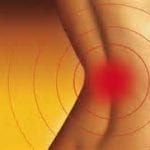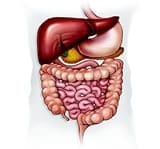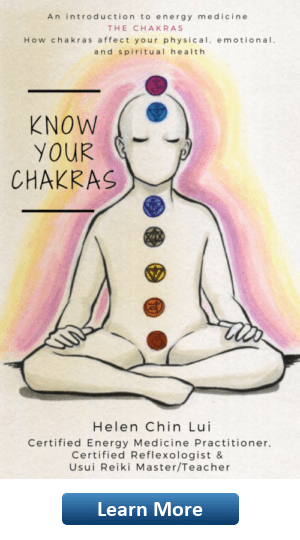(NewsUSA) – The winter season may be full of heart- and soul-warming celebrations, but cold weather can also pose some unknown risks to your heart.
The rate of deaths and hospitalizations for heart disease and stroke tend to increase dramatically during the winter. A recent study in “Circulation: Journal of the American Heart Association” discovered that in some cases, the number of heart-related deaths increased by more than 50 percent.
It looks like winter is hard on the heart, for reasons both obvious and obscure. Take a look at five wintertime traps outlined by Life Line Screening, a provider of preventive health screenings.
1. Shorter, colder days. Darker days can upset the balance of heart-related hormones, increase levels of stress hormones like cortisol and lower the threshold for a cardiovascular event. Cold weather can reduce blood flow to the heart by tightening your arteries. If you must go outside, it helps to warm up indoors with some stretches first and, of course, dress warmly.
2. Disrupted routines. From chores to eating and sleeping, many routines are thrown off by winter. For instance, doing something strenuous like shoveling snow in the morning, a time when you’re usually inactive, can raise your blood pressure and increase the risk of a cardiovascular event. In any case, go slow and don’t overexert yourself.
3. Flu season. As we all know, winter is flu season. The flu usually causes inflammation, which can make arterial plaque less stable and trigger a heart attack. The best way to prevent the flu is to get a flu shot, especially if you’re older than 65 and have risk factors for heart disease.
4. Stress on top of stress. The holidays tend to usher in stress as well as merriment and cheer, especially with family obligations and financial responsibilities. Levels of pre-existing anxiety and depression — both of which are associated with heart attacks and strokes — can peak for some people during the holidays.
5. Too much cheer. Winter festivities often lead to overindulging on drinks and rich food. Most people tend to eat more, drink more, smoke more, sleep less and gain weight. Plus, you’re probably not sticking to a work-out routine, if you have one. Try to avoid excess amounts of nicotine and caffeine, since those especially stress the heart.
To check your heart health, schedule a health screening at www.lifelinescreening.com.









 The Healing Place LLC helps all ages to find relief from chronic pain, chronic digestive problems and balance hormones naturally. We practice COVID19 safety. Don’t forget to check on our online school HealingPlaceEnergySchool.com. Thank you.
The Healing Place LLC helps all ages to find relief from chronic pain, chronic digestive problems and balance hormones naturally. We practice COVID19 safety. Don’t forget to check on our online school HealingPlaceEnergySchool.com. Thank you.
Recent Comments